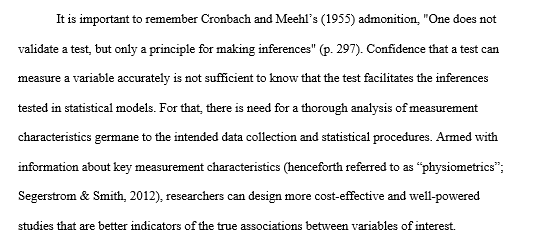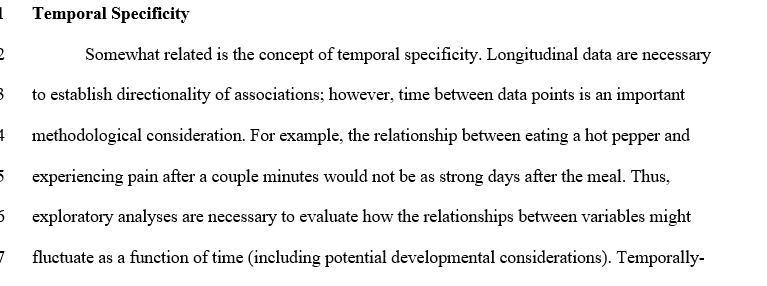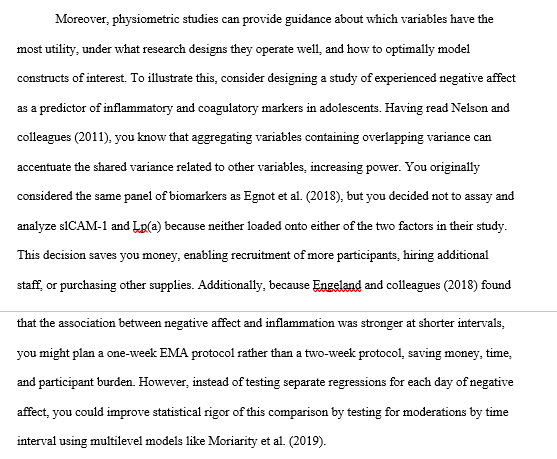My prelim "Back to Basics: The Importance of Measurement Properties in Biological Psychiatry" is now live @ Neuroscience & Biobehavioral Reviews! A thread on the paper I've most enjoyed writing to date 1/15 https://www.sciencedirect.com/science/article/pii/S0149763421000221
Biological psychiatry is by nature interdisciplinary, a scientific chimera. But the "biology" and "psychology" sides are not always treated with the same types of rigor. For example, think back to your first psych research methods class 2/15
How much were measurement properties discussed (e.g., retest reliability, internal consistency)? This is standard for new self-report measures, but are rarely established for biological variables before wide-spread use in research. 3/15
*This isn't saying that biomeasures are bad*. Many are amazingly precise and come with known measurement qualities specific to the variable. I am specifically highlighting how there are many properties germane to typical studies we don't know for many markers 4/15
But, as I outline, these properties have influence over what our tests can find and might contribute in a large way to issues of lack of replicability and small effect sizes that have been points of criticism for biological psychiatry (e.g., https://doi.org/10.1159/000443549) 5/15
To illustrate this, I review 5 key measurement properties for biological psychiatry research and try to illustrate in a clear, not overly-technical way (warning: there is a little algebra in some places), how these properties influence the observable results in our studies 6/15
The 5 properties I review are internal consistency, dimensionality, method-specific variance, temporal stability, and temporal specificity. After introducing these terms & illustrating their importance, the paper transitions to a mini-review (featuring a parallel structure) 7/15
of published examples of physiometric research investigating these qualities for a breadth of popular bio variables (e.g., fMRI, inflammation, cortisol, ERP). It was amazing seeing how much excellent work is already being done to set the stage for a physiometric awakening 8/15
The final section of the paper is a quick summary of the benefits of physiometrically informed studies, complete with a theoretical example utilizing research reviewed earlier, and recommendations for moving the field forward with respect to measurement/anticipated obstacles 9/15
I'm not a measurement expert & my understanding of biology is mostly limited to inflammation (and there's still miles to go on that) but after COVID derailed my initial dissertation I wanted to seize the opportunity to do a project I was passionate about unrelated to my F 10/15
that would challenge me and force me to read more during my last year in grad school. I grew a lot working on this paper and I hope it can serve as an accessible conversation-starter to illustrate why these principles are important both in terms of 11/15
clinical impact, and the financial strain on our system induced by designing expensive data collection in avoidable ways that could contribute to increased measurement error (and consequent lack of power). Caring about these issues will help our $$$ go farther! 12/15
I say this a lot (and it's always true) but this paper couldn't have happened without a lot of help (one of the only changes that will be incorporated in the final version is a more extensive Acknowledgements section). 13/15
Thanks to my mentor, Lauren Alloy, for supporting me in this dissertation pivot. My committee and add. readers @OlinoTom @EllmanLauren @24michelle @DVSneuro @suzannecarrie @RobinNusslock, and everyone on academic Twitter who engages in my questions about measurement/stats 14/15
And huge thanks to some stellar researchers already doing this work @Daniel_Brad4d @max12elliott @elana_gloger @Graham_Engeland @KayeJesseT @emilyrperkins @NoahCVenables (and many off Twitter) ya'll made this an exciting and inspiring literature to dig into 15/15
Also tagging some people who asked to be alerted when I posted my thread @EikoFried @nilskappelmann @RENiemeyerPhD

 Read on Twitter
Read on Twitter




